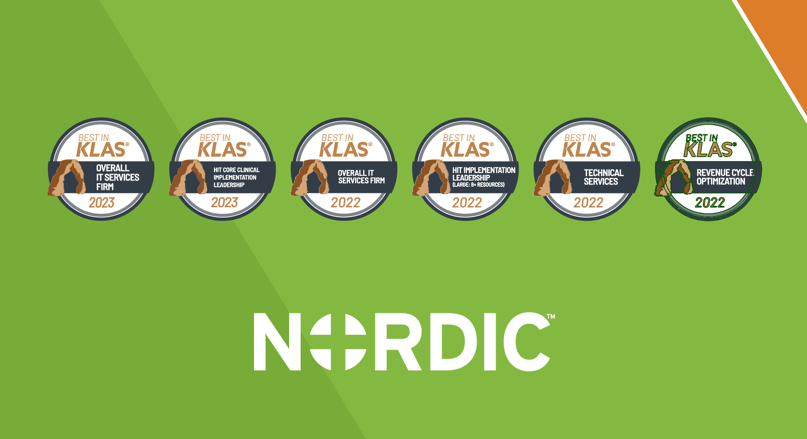 Last month, I read a great blog post from Health Affairs titled Rethinking Use Of Air-Safety Principles To Reduce Fatal Hospital Errors. For those of you who are not aware of the history of this movement, let me explain. Many of us in the healthcare industry have experienced appropriate jealousy of the significant and long-standing quality and safety improvements made by those in the aviation industry. Pilots, air traffic controllers, airplane manufacturers, and basically everyone else involved in flying people and goods around the world have made structural, cultural, and organizational changes to enhance protection and reliability. How they did this (and keep doing it!) has fascinated us healthcare folks.
Last month, I read a great blog post from Health Affairs titled Rethinking Use Of Air-Safety Principles To Reduce Fatal Hospital Errors. For those of you who are not aware of the history of this movement, let me explain. Many of us in the healthcare industry have experienced appropriate jealousy of the significant and long-standing quality and safety improvements made by those in the aviation industry. Pilots, air traffic controllers, airplane manufacturers, and basically everyone else involved in flying people and goods around the world have made structural, cultural, and organizational changes to enhance protection and reliability. How they did this (and keep doing it!) has fascinated us healthcare folks.
Even as it has become increasingly safe to fly the friendly skies, admission to a U.S. hospital has become more fraught with danger and, as we say in the trade, misadventure. While the aviation industry’s improvements have clearly improved outcomes, translating those safeguards into care for sick people in the hospital has been difficult. What are some of these things that have worked with pilots and planes but have not worked – yet – on the healthcare side?
The authors first note that non-punitive and voluntary reporting is a significant part of aviation’s successful quest to improve quality, safety, and even reliability. If we expect society to benefit and learn from mistakes, we must acknowledge that mistakes happen and encourage those who made or observed the errors to come forward. To do so, all involved must know they will not be personally punished for being human. Indeed, by asking everyone to be on the lookout for safety issues and making it harmless for them to report anonymously, it is as if a force multiplier has been applied to the traditional role of an inspector.
In healthcare today, reporting a serious mistake can commonly lead to social ostracization by colleagues and even loss of a job or a license to practice. Taken to the extreme, some errors have been criminalized. We need to look no further than the case of nurse RaDonda Vaught, a nurse who was found guilty of criminally negligent homicide and impaired adult abuse for mistakenly administering the wrong medication. I wrote about the specific events that led to this horrible outcome earlier this year. While one can argue the merits of bringing such a prosecution, it is difficult to not predict that fewer clinicians will admit to mistakes when jail time might reasonably result.
Another area where aviation is ahead of healthcare is data sharing. If one airline or airplane manufacturer sees a real or potential problem, it is of little help to the larger ecosystem if that problem is not shared widely. Ensuring that data outlining safety concerns are available and easily consumed by all interested parties is a tenet in aviation. Most realize that in healthcare, data exchange is in its infancy (and don’t get me started on data standards). We are still struggling to identify the data we can leverage in our own electronic health records (EHRs). Shipping that information off to others is even more complicated. Making these processes even more difficult is the fear that competitors might negatively use this information.
The final area where aviation is ahead of healthcare deals with user-friendly devices and usable technology (topics near and dear to my heart!). We all know that modern aircraft have cockpits that are created and maintained with user-centered design principles at the core. This means that not only are pilots asked how they think the tech should work, but they are observed using the functionality in a standardized way to ensure that the chances of error are minimized. The authors note that “[p]otential benefits [of more user-friendly medical equipment, advanced EHRs, and predictive analytics] could resemble the way highly integrated cockpits and in-depth data analyses have revved up airline safety since the late 1990s.”
While healthcare is not aviation, there is still much we can learn from our colleagues who build, fly, and maintain airplanes. Their success has created the foundation for our future progress in healthcare. We must continue to call out areas where we have opportunities for improvement, regardless of whether change seems imminent or far into the future.




